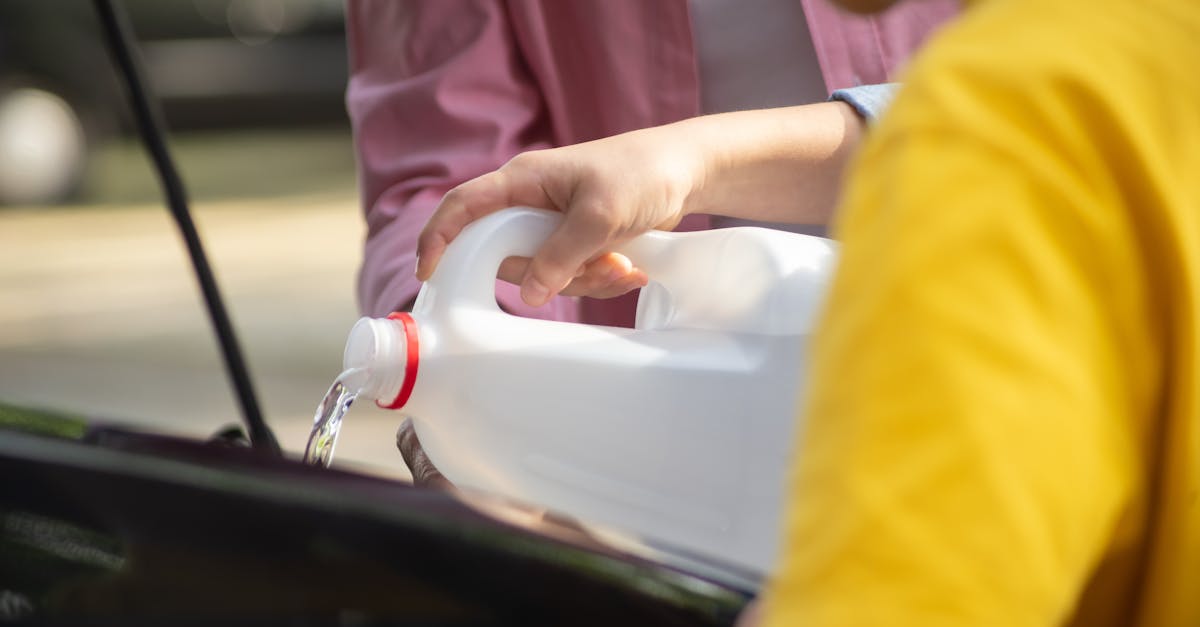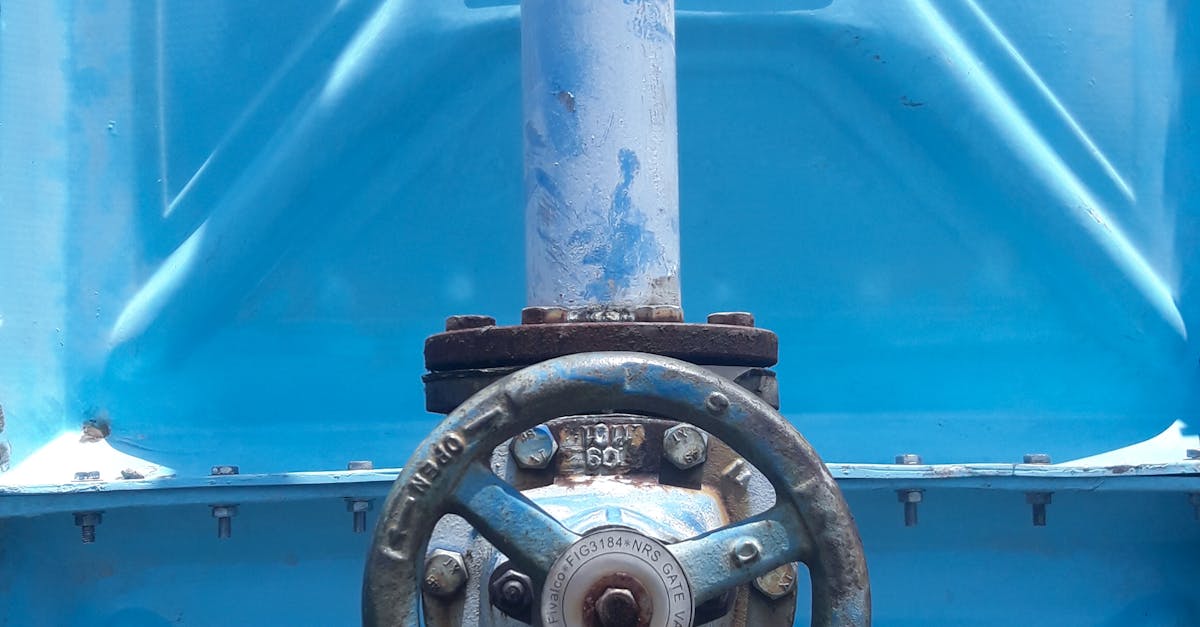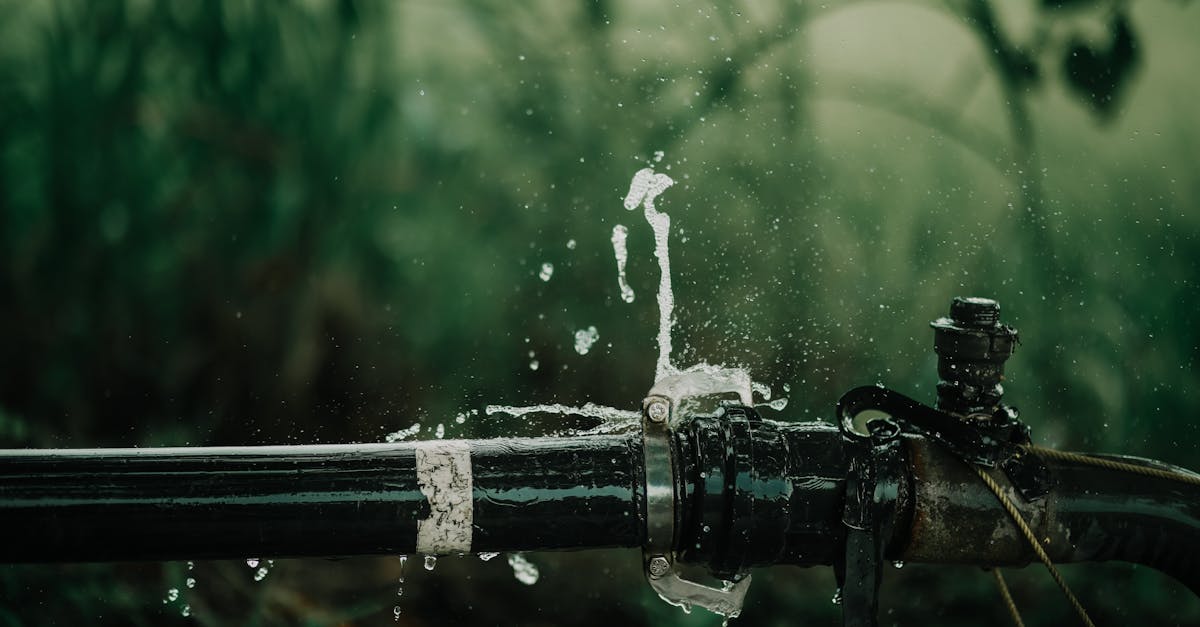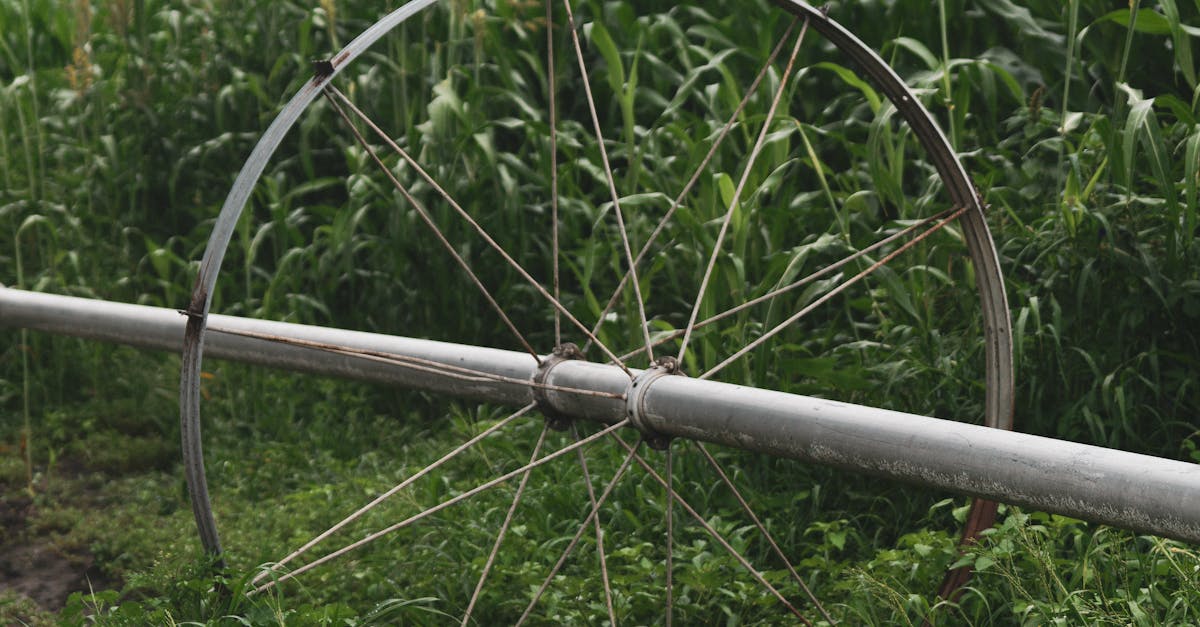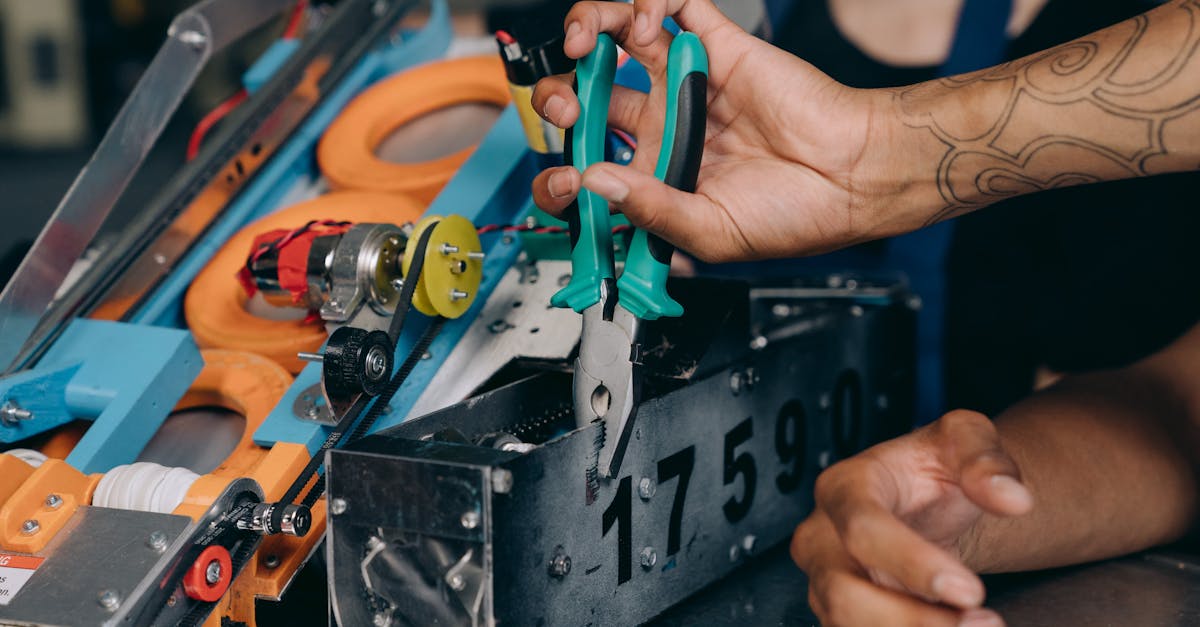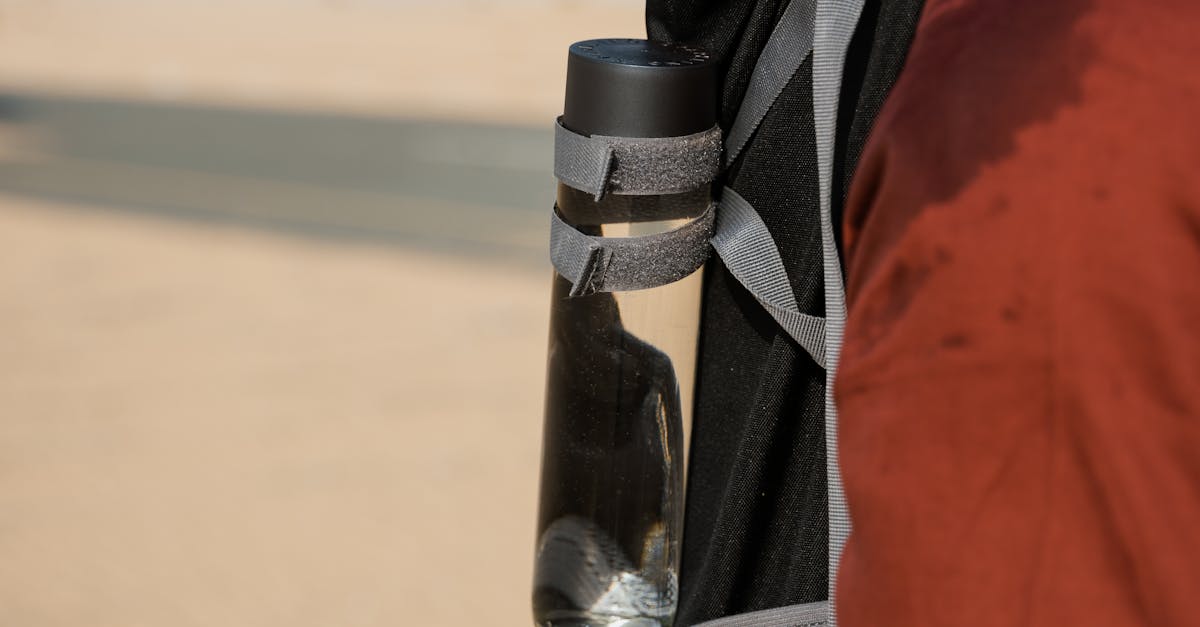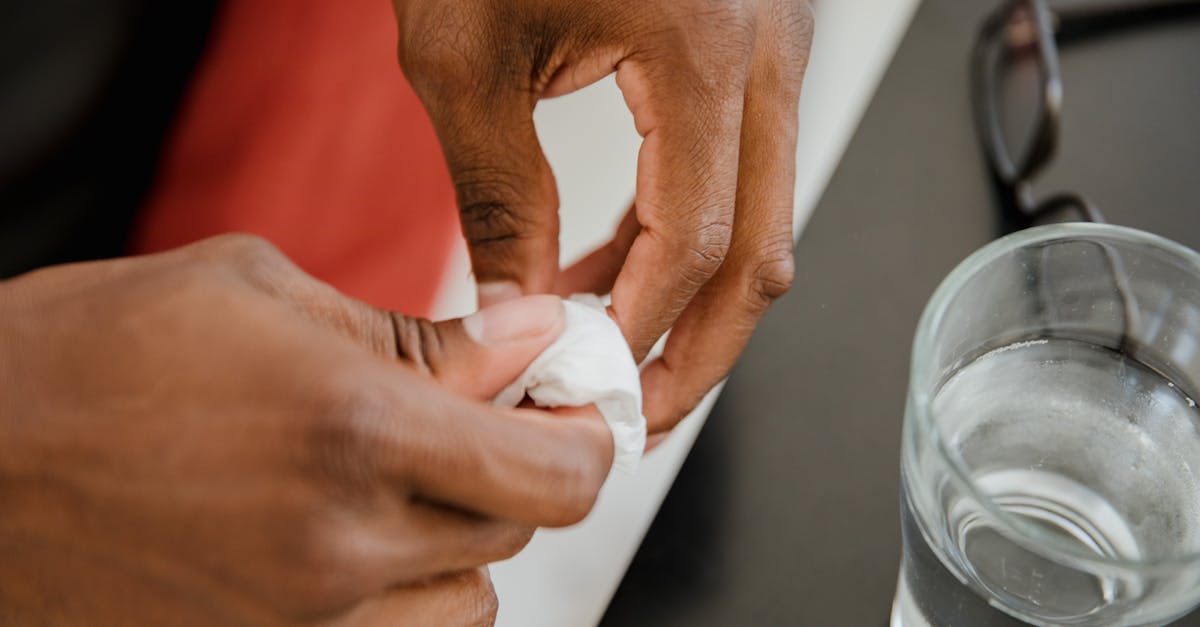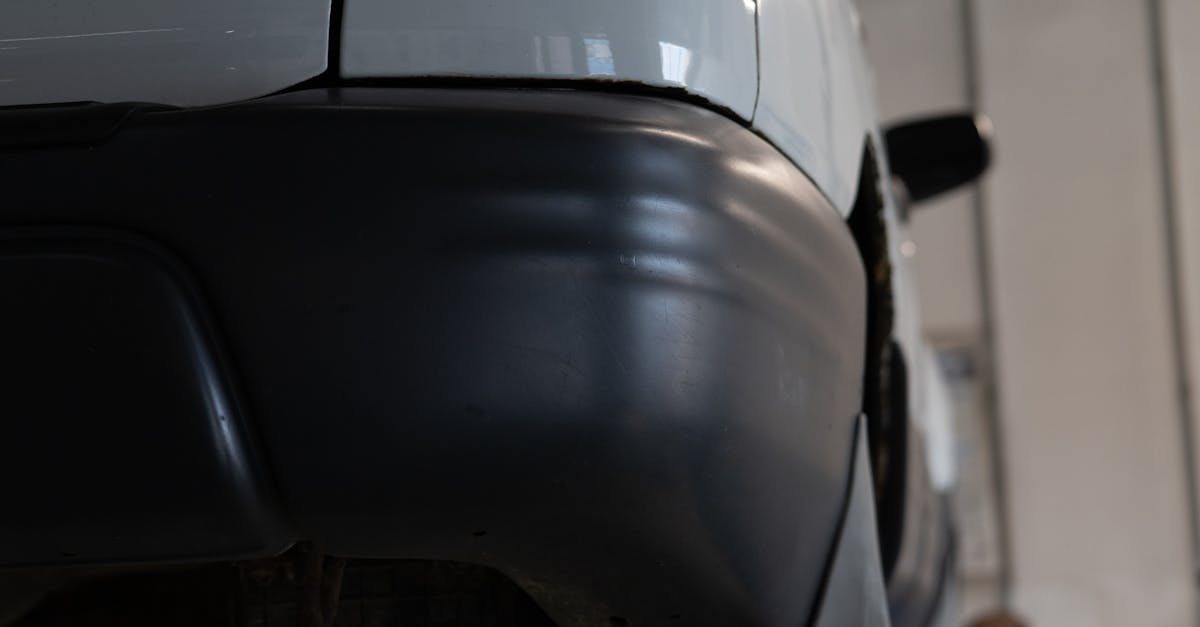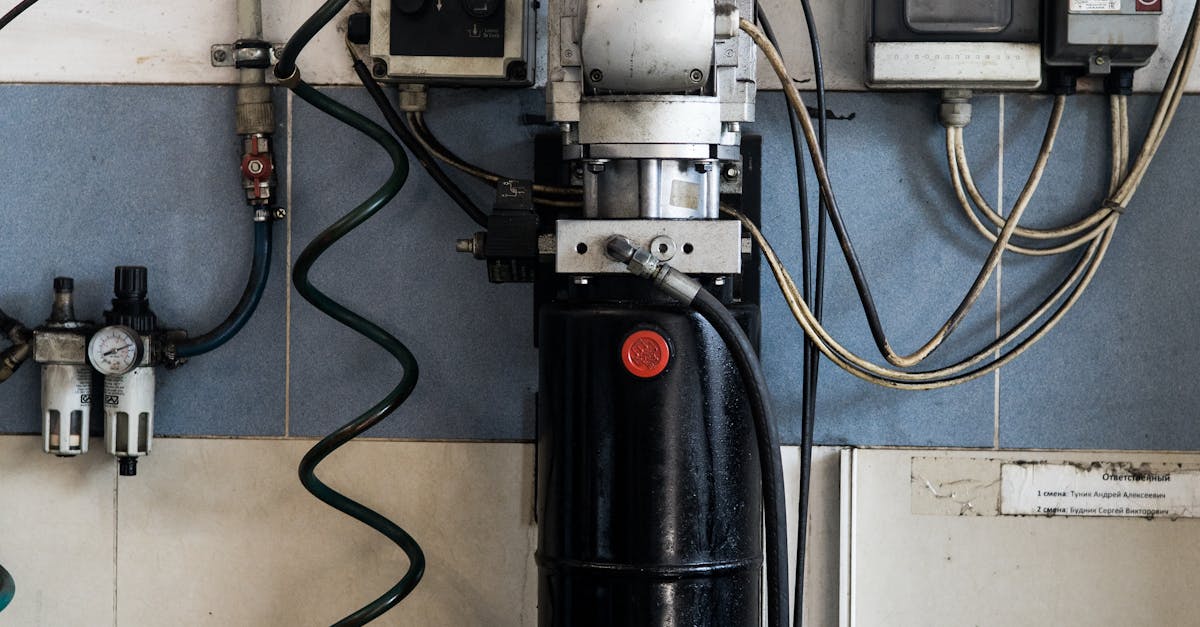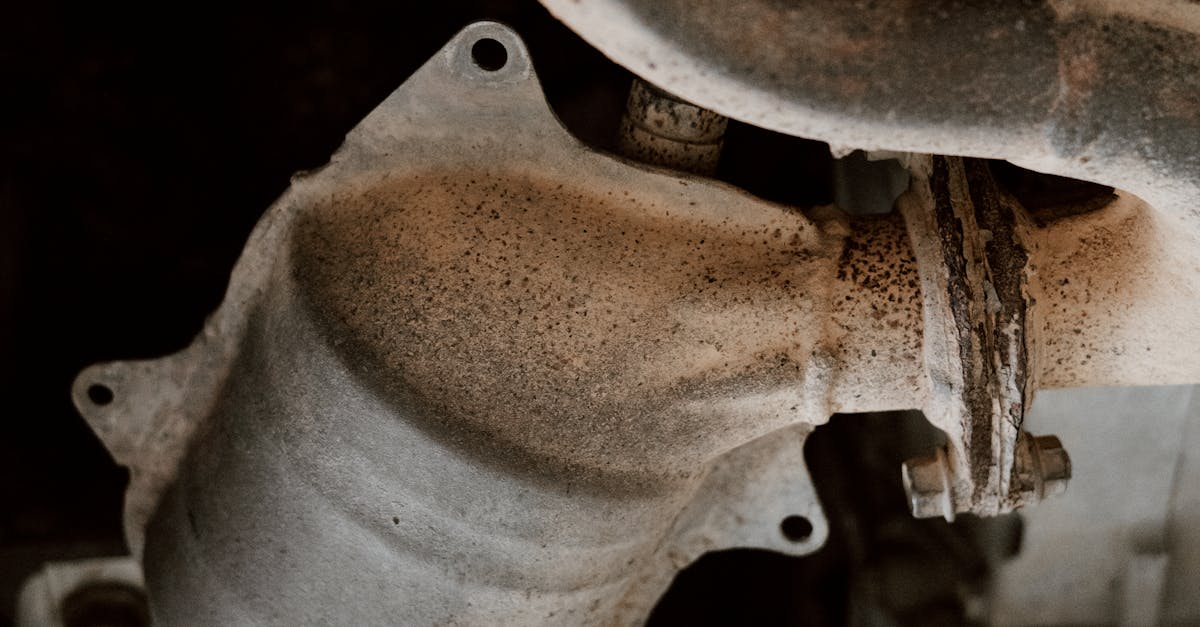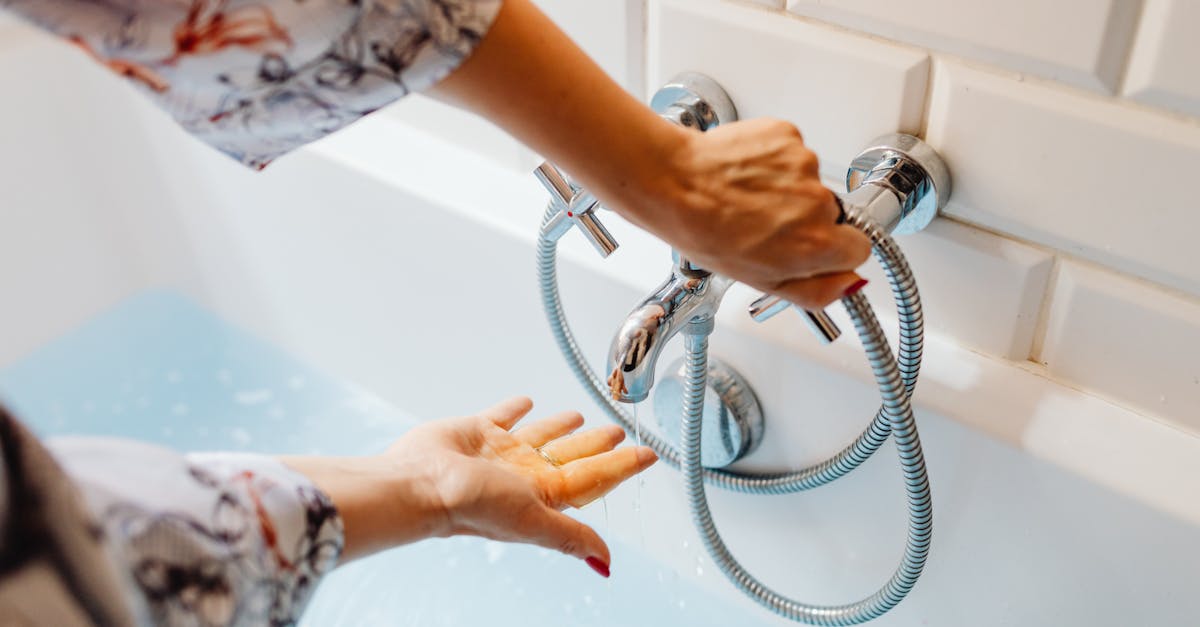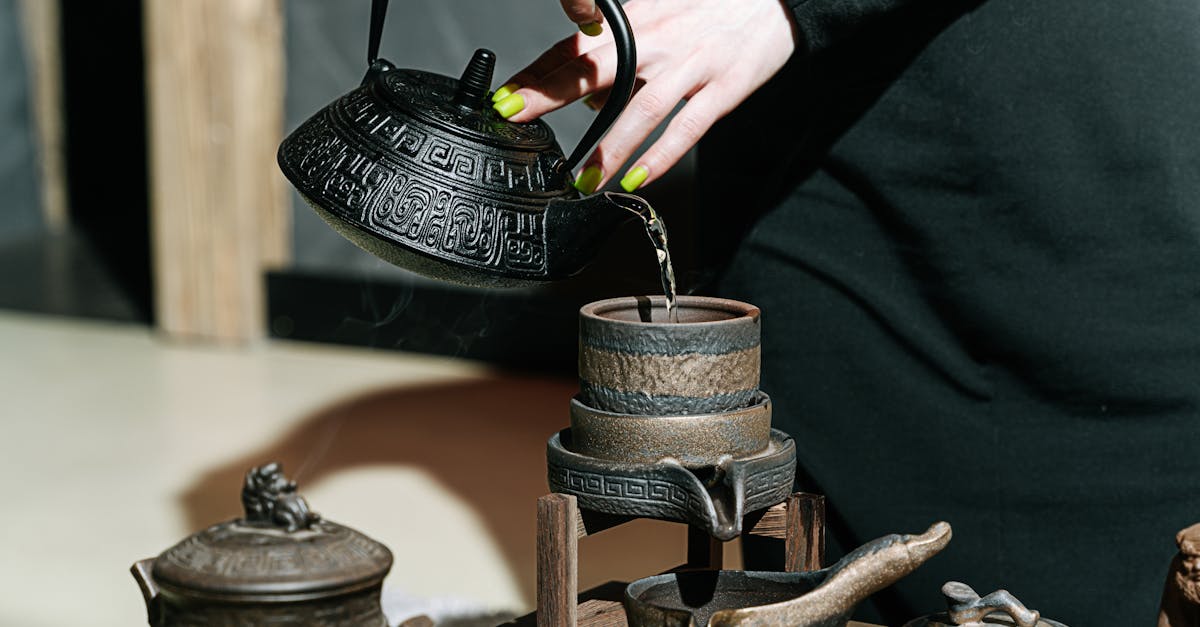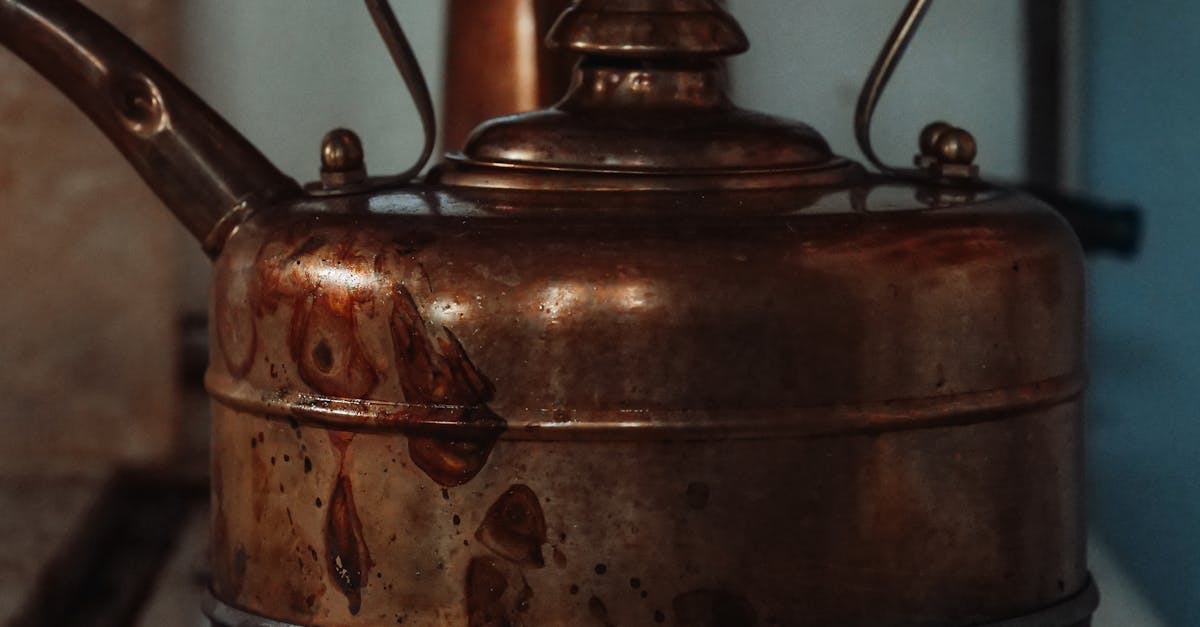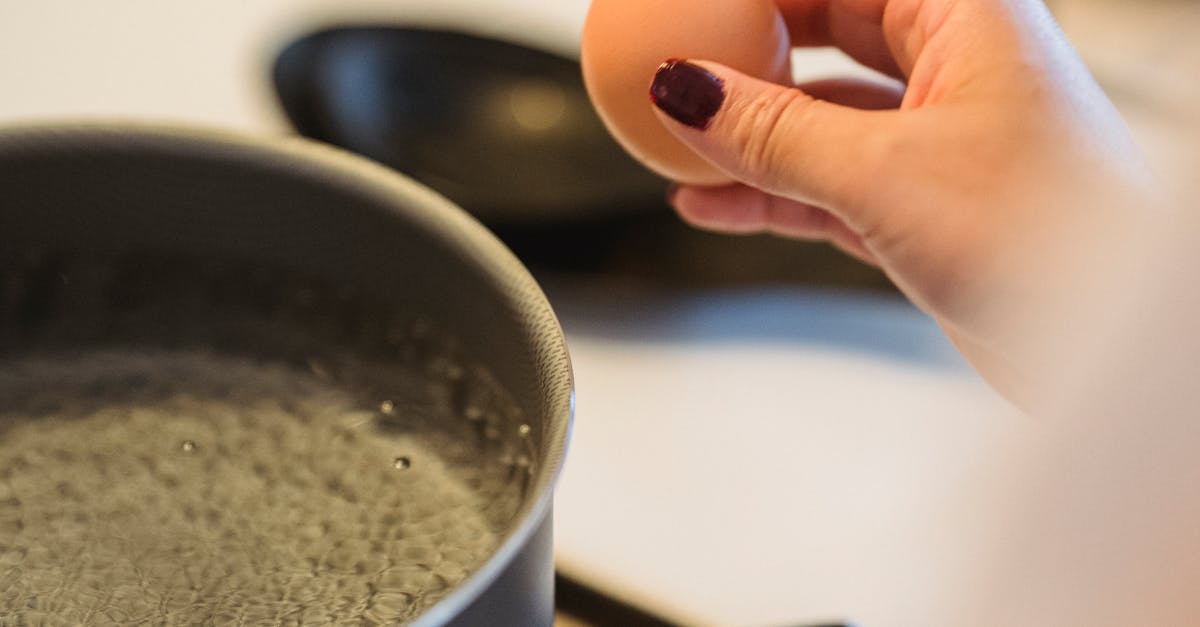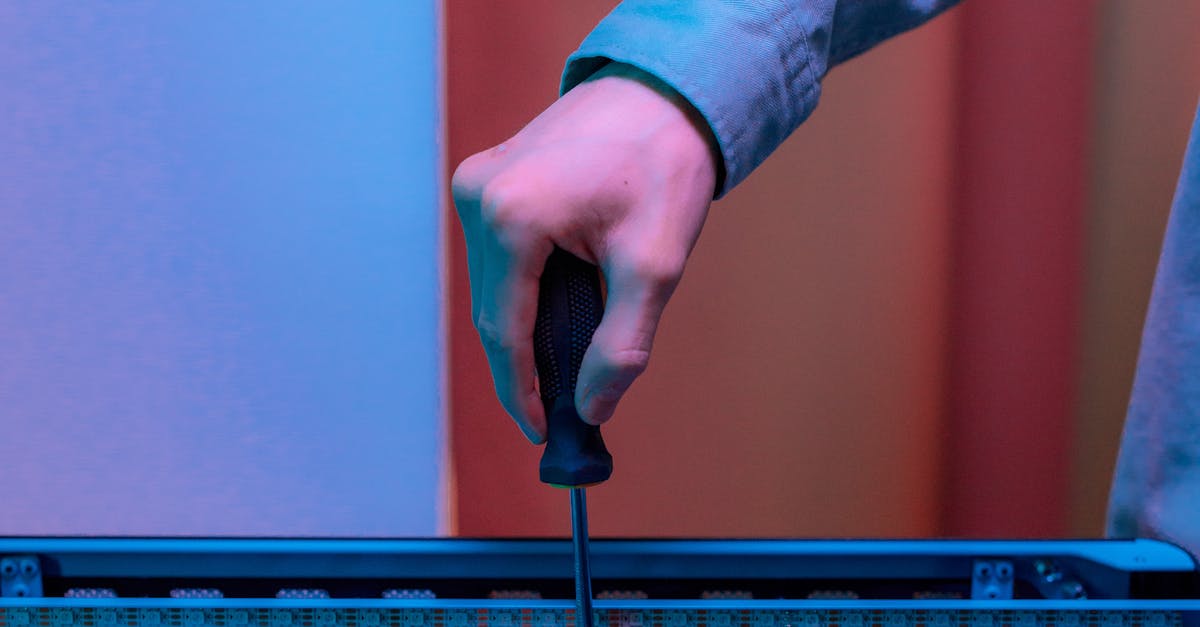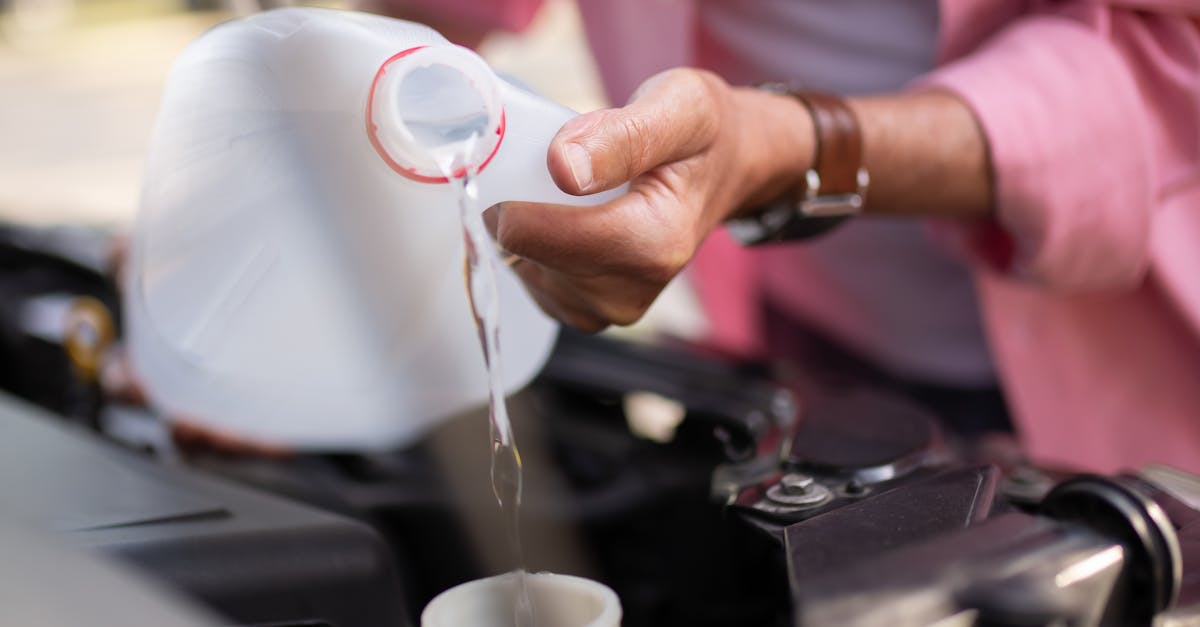
Table Of Contents
Leaks in Hot Water Pipes
Leaks in hot water pipes can be a significant cause of dwindling hot water supply. Even minor leaks can lead to substantial water loss, resulting in the hot water system running out more quickly than expected. It is essential to periodically check for signs of leaks, such as damp spots or unusual water bills. Ignoring these indicators can lead to further damage and increased repair costs.
When leaks are detected, prompt action is necessary. Hot Water System repair should be carried out by a qualified professional to ensure proper handling of the issue. Addressing leaks not only restores the efficiency of the system but also preserves the longevity of the infrastructure. Regular maintenance can prevent leaks and enhance the overall performance of your hot water system.
Detecting and Repairing Leaks
Detecting leaks in your hot water system often requires a keen eye. Start by inspecting areas around pipes for moisture or water stains. Pay attention to the joints and fittings, as these are common trouble spots. If you notice any unexplained increases in your water bill, it may indicate a hidden leak. Additional signs can include a drop in water pressure or unusual noises from the system. Regular checks can help you identify potential issues before they escalate, saving you both time and money.
When leaks are detected, timely action is crucial for effective hot water system repair. First, shut off the water supply to prevent further loss. Depending on the severity of the leak, you may be able to fix minor issues with waterproof tape or sealant. For more significant leaks, professional assistance is advisable. Plumbers equipped with the right tools can accurately locate and repair leaks, ensuring the system operates efficiently. Addressing leaks promptly not only conserves water but also enhances the longevity of your hot water system.
Insulation Quality of Pipes
The insulation quality of hot water pipes plays a crucial role in maintaining efficient temperature control and energy consumption. Pipes that lack proper insulation can cause heat loss, resulting in increased energy bills and a supply of lukewarm water. Insulating these pipes not only helps maintain the desired water temperature but can also contribute to a longer lifespan for the system. For those already experiencing issues, timely hot water system repair can address these insulation shortcomings and improve overall performance.
Using high-quality insulation materials can significantly impact the effectiveness of your hot water system. Investing in insulated pipes or retrofitting existing ones is a proactive approach to minimising heat loss. This ensures that hot water reaches its destination more efficiently, reducing strain on the system. Homeowners should regularly assess the insulation quality to ensure optimal performance, and if deficiencies are found, consulting a professional for hot water system repair can rectify the situation effectively.
Importance of Insulating Hot Water Pipes
Insulating hot water pipes is crucial for maintaining the efficiency of your system. Proper insulation helps to reduce heat loss as water travels from the heater to the tap. This means less energy is required to keep the water at the desired temperature. Poorly insulated pipes can lead to substantial heat loss, causing your hot water system to work harder and resulting in increased energy costs.
Additionally, insulation can protect pipes from freezing in cooler temperatures, reducing the risk of burst pipes. When leaks do occur, prompt hot water system repair is essential. Insulating your hot water pipes ensures you get the most out of your hot water system, ultimately prolonging its lifespan and enhancing its performance.
Age of the Hot Water System
The age of your hot water system can significantly impact its efficiency and performance. Older systems tend to wear down, leading to decreased heating capacity and increasing the likelihood of breakdowns. Frequent issues with an ageing unit may necessitate hot water system repair, which often becomes more expensive as parts become less available and technology advances.
As your system ages, the risk of sediment buildup in the tank rises. This buildup can impede the heating process and cause your hot water supply to diminish rapidly. Regular maintenance can extend the life of the system, but if repairs become too frequent, it may be more economical to consider a replacement instead of continuing with hot water system repair.
When to Consider Replacement
When evaluating the need for a replacement of your hot water system, consider its age and efficiency. Most systems last around 10 to 15 years. An older unit often struggles to provide adequate hot water, leading to increased energy consumption and higher utility bills. If frequent repairs are required, it may be more cost-effective to invest in a new system rather than continuing with hot water system repair.
Additionally, assess the type and size of your current setup. An inappropriate unit for your household's needs may lead to inadequate hot water supply, regardless of its age. Upgrading to a more efficient model could enhance your comfort while also reducing energy use. When weighing your options, consult a professional to understand the benefits of a replacement versus ongoing repairs.
FAQS
What are common reasons for my hot water system running out of water quickly?
Common reasons include leaks in hot water pipes, poor insulation of the pipes, and the age of the hot water system. Each of these factors can lead to inefficient heating and quicker depletion of hot water.
How can I detect leaks in my hot water system?
You can detect leaks by looking for water stains on walls or ceilings, listening for dripping sounds, or noticing a sudden increase in your water bill. Additionally, checking the water pressure and temperature can also help identify issues.
Why is it important to insulate my hot water pipes?
Insulating hot water pipes helps to prevent heat loss as water travels from the heater to your taps. This can improve efficiency and keep your water hotter for longer, ultimately reducing the chances of running out of hot water quickly.
How often should I consider replacing my hot water system?
Generally, you should consider replacing your hot water system if it is over 10-15 years old, frequently requires repairs, or if you notice a significant decrease in performance. Regular maintenance can also help extend the lifespan of your system.
What should I do if I suspect my hot water system is malfunctioning?
If you suspect your hot water system is malfunctioning, it’s best to consult a licensed plumber. They can diagnose the issue, check for leaks, and assess whether repairs or a replacement is necessary.

